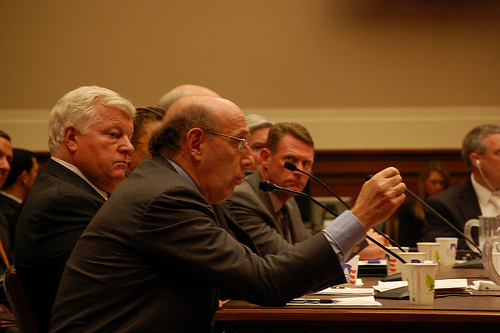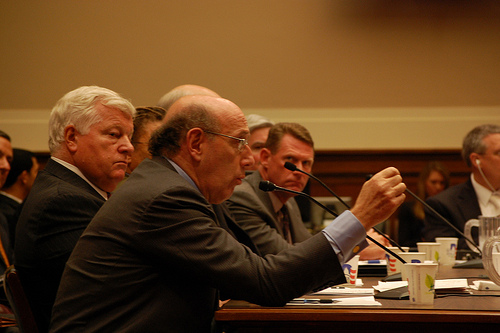The Department of Justice is not happy at all with the Gulf Coast Claims Facility and its administrator, Kenneth Feinberg. Associate US Attorney General Thomas Perrelli recently sent a sharply worded letter to the spill fund czar, calling the current speed of processing claims “unacceptable.”
The letter directs Feinberg to make whatever changes are necessary to expedite payments to Gulf residents. It’s a claims process that has been fraught—as my profile of Feinberg earlier this month detailed, he’s faced a number of challenges in administering the fund and has been much slower to deliver checks than he promised. Last week Feinberg admitted that some of his initial promises of expediency might have been overly optimistic.
But the DOJ isn’t taking any excuses. The letter notes that, even in cases where a lack of documentation is not a factor, “tens of thousands of claims have been pending, awaiting GCCF review, longer than the time periods you proposed.” Perrelli wrote:
Your recent public statements have acknowledged that the process is more complicated and time-intensive than you had anticipated. I would reiterate to you, however, that the efficiency of the GCCF’s review and payment process is not just a matter of fulfilling your own performance goals. The Deepwater Horizon Oil Spill has disrupted the lives of thousands upon thousands of individuals, often cutting off the income on which they depend. Many of these individuals and businesses simply do not have the resources to get by while they await processing by the GCCF.
The letter was sent on Sept. 17, but made its way into the press over the weekend. On Saturday, Feinberg announced that he would implement “new and improved procedures to expedite claims,” and said the center would be “sending out more generous checks more quickly” in the coming days.
“Over the past few weeks, I have heard from the people of the Gulf, elected officials, and others that payments remain too slow and not generous enough. I am implementing new procedures that will make this program more efficient, more accelerated and more generous,” Feinberg said.











